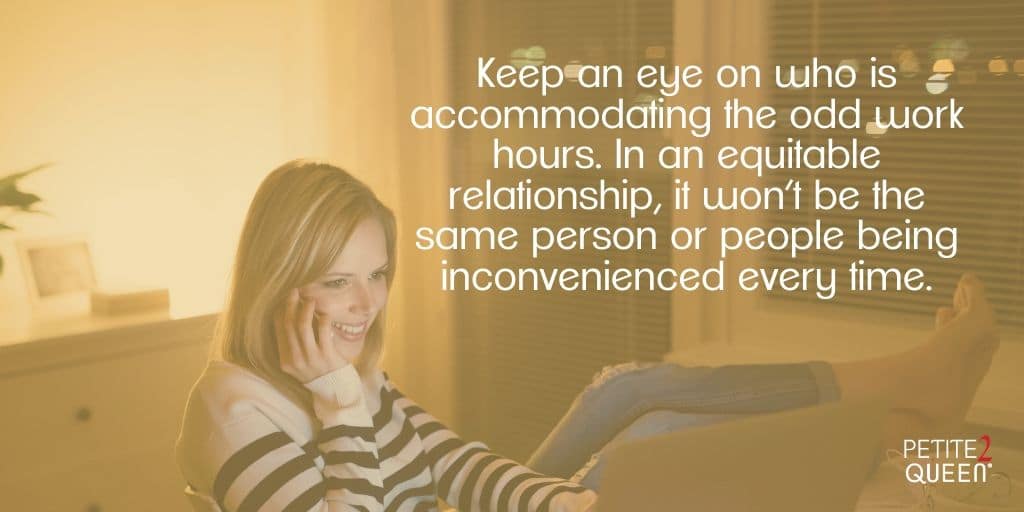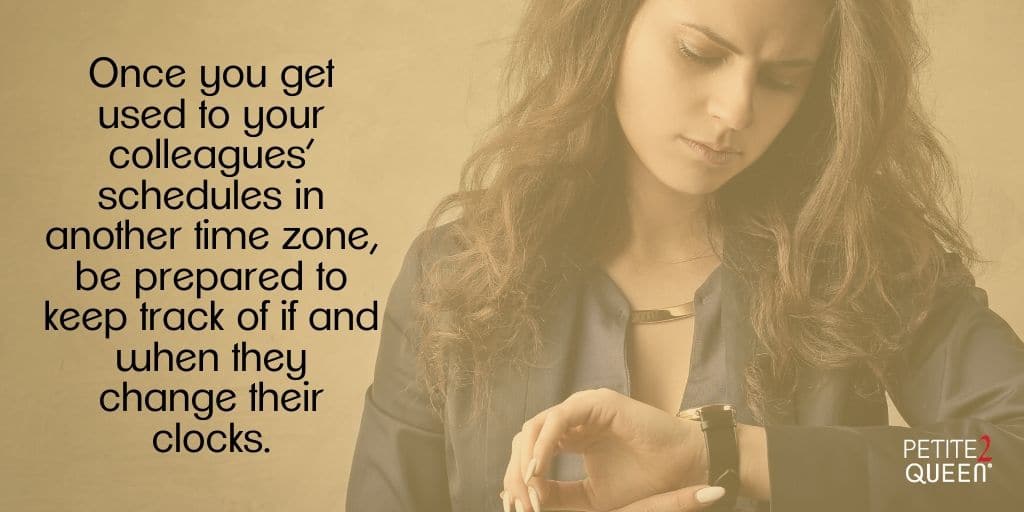Working with others is always full of its ups and downs. Coordinating different schedules and commitments can make it tricky to find a meeting time that works for everyone. But add in divergent time zones and you’re in for a real ride! As you deal with colleagues and partners around the globe, you’ll run into the issue of wildly disparate schedules. Finding a good time to meet up with co-workers halfway around the world can be challenging. How do you wield these uncompromising time zones into a schedule that works for everyone?
Know Your Time Zones
If you work for a multinational company or just with multinational clients or consultants, then you might have to work closely with people all across the globe. As we know, some conversations are best had in person or over the phone. But when the team is scattered around the world, finding the right time to have calls or virtual meetings might be difficult. The sun is setting on your colleagues while you are entering your office in the morning thousands of miles away. How do you approach this?
Something’s Gotta Give
Working eight hours ahead of the rest of the team, there is no overlap of normal business hours between Rachel and the rest of the Petite2Queen team. Indeed, Rachel’s workday ends just as the rest of the team’s day begins. How have we dealt with this? In our particular case, this has worked out; Rachel works unusual hours as she deals with other commitments during the day, so meetings can occur in the evening (Irish time), which is late morning or early afternoon for the rest of the team (Pacific time).
Depending on the difference in time between you and your colleagues, you might find that you have to work slightly odd hours. It may be possible for you to have a call with them at the start of your work day and the end of theirs, or you might have to get to the office early or stay late to be able to speak with certain individuals. In some cases, you might have to be awake in the middle of the night to make a call.

At Petite2Queen, Rachel is only available for a couple of Pacific business hours to take calls. This narrow window means our team meetings are constrained in when they can occur. This might be the case for you and your colleagues. Especially if you are coordinating with three or more time zones, it could be that there is only one hour in which everyone is available.
What this all means is that you have to be flexible if you work with people far away. Depending on the nature of your relationship, keep an eye on who is accommodating the odd work hours. If it’s an equitable relationship, it won’t be the same person or people being inconvenienced every time. However, if you’re working with a client, you will want to accept the inconvenience for the success of your relationship.
Beware Daylight Savings!
Time zones are trouble enough, but factoring in daylight savings brings even more to the struggle. Some countries have it, but others don’t. In fact, even in the United States, some areas (Arizona, Hawaii, Puerto Rico, and more) don’t spring forward or fall back like the rest of the country does.
For those countries that do change their clocks, it’s also important to keep track of when exactly they do so. Here in the United States, we fall back on the first Sunday in November and spring forward on the second Sunday in March. In Ireland, the clocks roll back one week earlier in the fall; in the spring, they move forward two weeks after the United States. Talk about confusing!

This disarray has led to some missed meetings here at Petite2Queen. Rachel currently works in Ireland, which is normally eight hours ahead of us on the west coast. One day we had scheduled a meeting for noon PST. Normally, that would have been 8:00 pm for Rachel. Imagine her confusion when we messaged her just after 7:00 pm inquiring about whether she’d be able to make the call!
Once you get used to your colleagues’ schedules in another time zone, be prepared to keep track of if and when they change their clocks. Even when both countries engage in Daylight Savings Time, the switch can happen on different weekends, leading to added befuddlement for everyone.
When all Else Fails… Maybe Try Emails?
We can only be so flexible with our work schedules without them eating into our personal lives. Sometimes you just can’t find a common time. Perhaps one team would have to be available in the middle of the night or early in the morning, and they refuse to do it more than once each quarter or at all.
What do you do when your attempts at finding a common time for a call or virtual meeting fail? In this case, you will have to rely on other forms of communication. Emails, voicemails, etc. will be a place for you to discuss plans. You will need to ensure that you have an excellent filing system for the numerous emails you will exchange with your distant colleagues.
If working on documents together, try a service like Google Docs to allow all team members to edit a single document, rather than emailing new copies again and again until no one knows which is the most up-to-date. You may also look into scheduling tools like Doodle polls, which make coordinating acceptable meeting times much easier for you and your team. Use the technology available to you!

Coordinated Communications
No matter how scattered your team and clients are, with a little planning and determination, you can arrange times that work for everyone. Keep track of where people are, what time zone they’re in, and if and when they’ll be changing their clocks. Be ready to be a bit flexible in order to squeeze in necessary meetings, and don’t forget all the technology available to help you. Working with diverse time zones can be tricky, but coordination isn’t impossible. And when it is, be prepared to find a workaround.
Working with diverse people brings new energy and insights into your projects, so the complex scheduling will all be worth it.
Petite2Queen provides virtual mentoring to young women in life, at work, and in sales. Follow us for more practical advice you can put to use to improve your life and career.

Amanda Whitbeck is Vice President of Operations at Petite2Queen. Since earning her master’s degree in Global Entertainment & Music Business from Berklee College of Music, Amanda has played key roles facilitating growth at start-ups. She’s also worked in diverse sectors of the music industry, from live events promotion to entertainment journalism. She brings her expertise in music business, writing, and website development to Petite2Queen.

